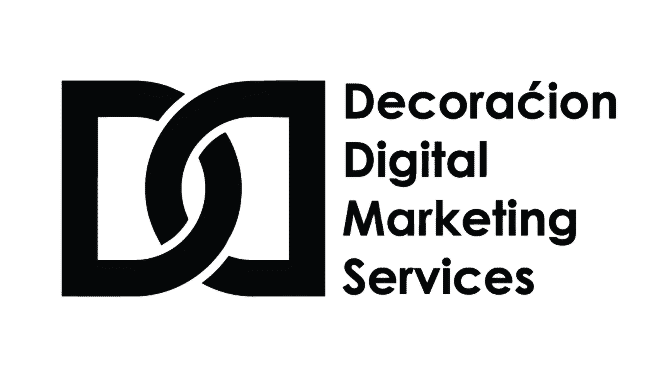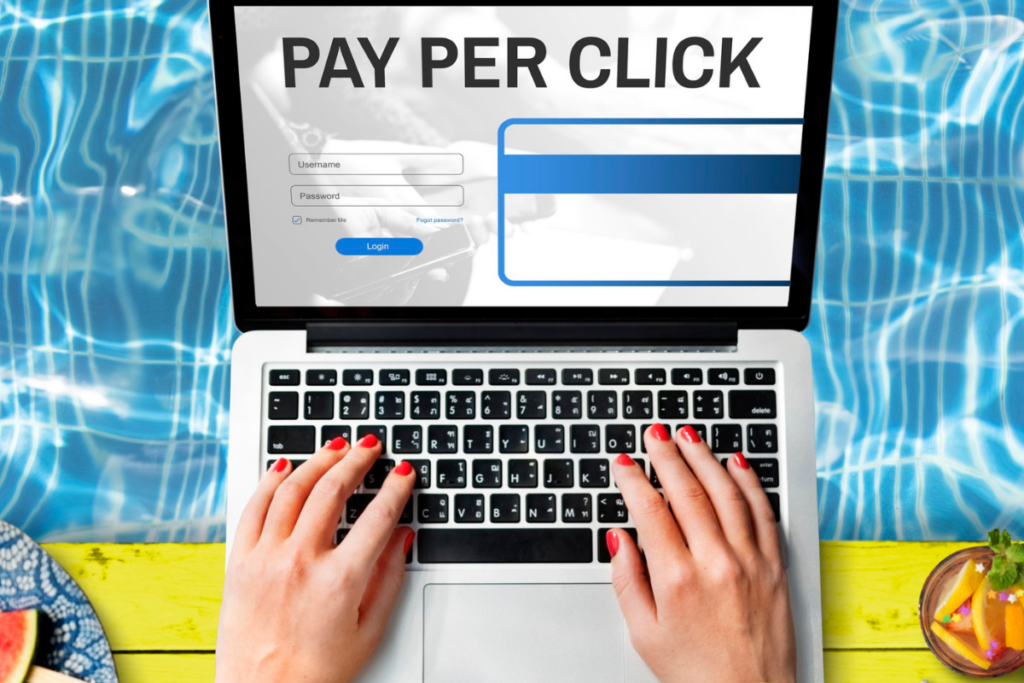In today’s digital world, businesses must use effective marketing strategies to stay ahead of the competitor. Pay-Per-Click (PPC) advertising is one of the most powerful and cost-effective ways to drive traffic, generate leads, and increase sales. Whether you run a startup, an eCommerce store, or a service-based business, PPC can help you achieve your business goals. This blog explores why PPC is crucial for business growth, its benefits, and how you can implement a successful PPC strategy.
What is PPC Advertising
PPC, or Pay-Per-Click, is a digital advertising model where business pay a fee each time someone clicks on their ad. These are the ads which appear on search engines like Google and Bing, as well as on social media platforms such as Facebook, Instagram, and LinkedIn. Unlike organic search engine optimization (SEO), which takes time to yield results, PPC provides immediate visibility and can generate leads quickly.
Why PPC is Important for Business Growth
Instant Visibility and Traffic Ads
We know SEO that is search engine optimization takes time to website to rank on website PPC ads helps you to appear on the top as it helps to grow the business from the starting
Targeted Advertising
DDMS will make sure that with the help of PPC they will helps you to target specific audiences based on location, age, gender, interests, and online behavior. This means you can show your ads to people who are more likely to be interested in your products or services, increasing the chances of conversions. Advanced targeting options ensure that you get the most out of your advertising budget.
Cost-Effective Marketing
One of the biggest advantages of PPC is that you only pay when someone clicks on your ad. This helps you to make sure that your budget is spent effectively, as you’re paying for actual engagement rather than just impressions. Additionally, with proper campaign optimization, businesses can achieve a high return on investment (ROI) by targeting the right keywords and audiences.
Brand Awareness and Credibility
Even if users don’t click on your ad, DDMS will make sure that you are appearing at the top of search results to increases brand visibility. When potential customer repeatedly see your ad there are high chances of business getting new customers remember and trust your brand, leading to higher conversion rates over time.
Competitive Advantage
Many businesses rely solely on organic search traffic, but PPC can give you an edge over competitors. By bidding on the right keywords, even small businesses can compete with industry giants. PPC ensures that your business remains at the forefront when potential customers search for relevant products or services.
Measurable and Scalable Performance
Unlike traditional marketing methods, PPC provides real-time data and insights. You can track metrics such as click-through rates (CTR), conversion rates, and customer behavior. This allows businesses to refine their strategies, optimize campaigns, and maximize results. Additionally, PPC campaigns can be scaled up or down based on performance and budget.
Remarketing and Retargeting
Not every visitor converts on the first visit. With PPC, DDMS will help you retarget users who have previously interacted with your website. Remarketing ads remind potential customers of your brand, encouraging them to return and complete their purchase or inquiry.
How to Implement a Successful PPC Campaign
Define Clear Goals
Before launching a PPC campaign, every business should know what you want to achieve. company goal should include goals include increasing website traffic, generating leads, boosting sales, or improving brand awareness. Clear objectives will help you create a focused and effective campaign.
Conduct Keyword Research
Keyword research is the foundation of a successful PPC campaign. Use tools like Google Keyword Planner, SEMrush, or Ahrefs to find high-intent keywords that your target audience is searching for. Focus on keywords with a good balance of search volume and competition.
Create Compelling Ad Copy
Your ad copy should be engaging, concise, and action-driven. Highlight the unique selling points (USPs) of your product or service and include a clear call-to-action (CTA) such as “Buy Now,” “Get a Free Quote,” or “Sign Up Today.”
Optimize Landing Pages
A well-optimized landing page enhances user experience and increases conversion rates. Ensure that your landing page is mobile-friendly, loads quickly, and aligns with the message of your ad. A clutter-free design, compelling visuals, and persuasive content can improve performance.
Set a Budget and Bidding Strategy
Determine how much you’re willing to spend on PPC campaigns. Platforms like Google Ads and Facebook Ads allow you to set daily or lifetime budgets. Additionally, choose the right bidding strategy, such as cost-per-click (CPC), cost-per-impression (CPM), or cost-per-acquisition (CPA), based on your goals.
Monitor and Optimize Campaigns
We should regularly analyze your campaign performance and make necessary adjustments if required . Tracking key metrics like click-through rate (CTR), conversion rate, and return on ad spend (ROAS). A/B testing different ad creatives, headlines, and CTAs can help you identify what works best.
Leverage Automation and AI
Many advertising platforms offer automation tools and AI-driven insights to optimize PPC campaigns. Features like automated bidding, dynamic ads, and machine-learning-based audience targeting can enhance efficiency and improve results.
Common PPC Mistakes every business to Avoid
Ignoring Negative Keywords
Excluding irrelevant search terms prevents wasted ad spend.
Poor Ad Copy
Unclear messaging or lack of a strong CTA can reduce engagement
Not Optimizing for Mobile
Many users browse on mobile devices, so ensure your ads and landing pages are mobile-friend
Ignoring Data Analytics
Regular analysis helps in refining strategies and improving performance
Setting and Forgetting
PPC requires continuous monitoring and adjustments for optimal results.
Conclusion
PPC advertising is an effective strategy for businesses looking to grow, attract new customers, and boost revenue. With its ability to provide instant visibility, targeted reach, and measurable results, PPC offers businesses a powerful tool to stay ahead in the competitive digital landscape. By implementing a well-structured PPC campaign, optimizing your ad strategy, and continuously monitoring performance, you can maximize your ROI and achieve long-term success.


